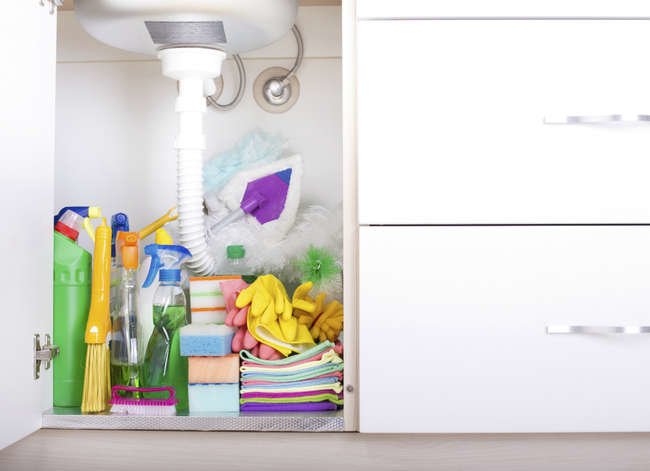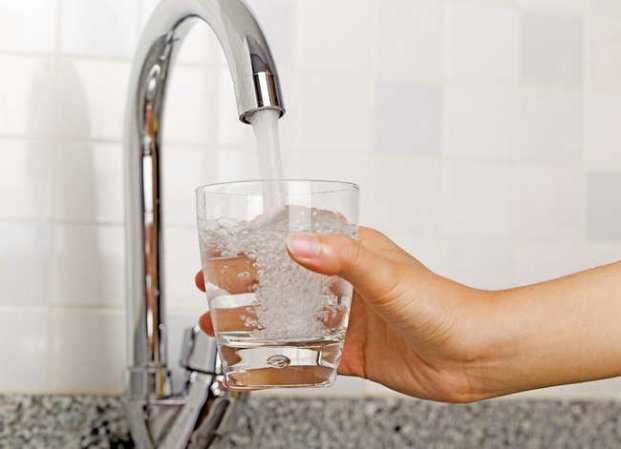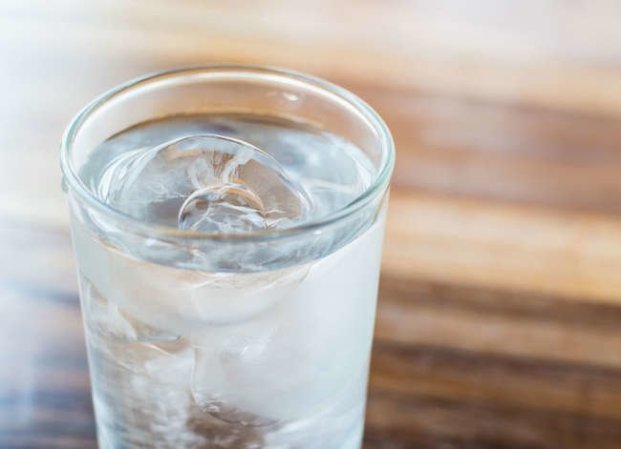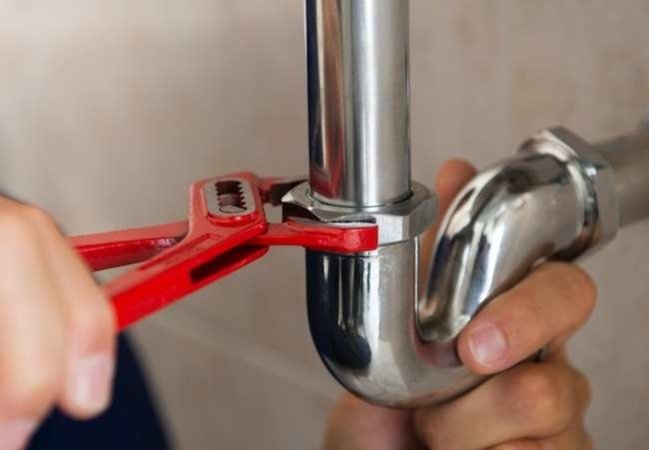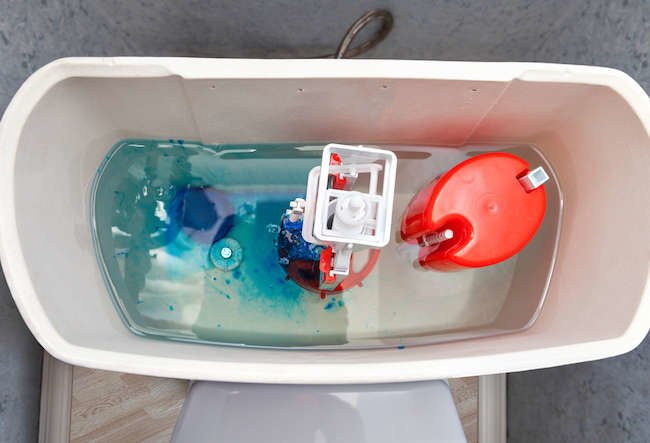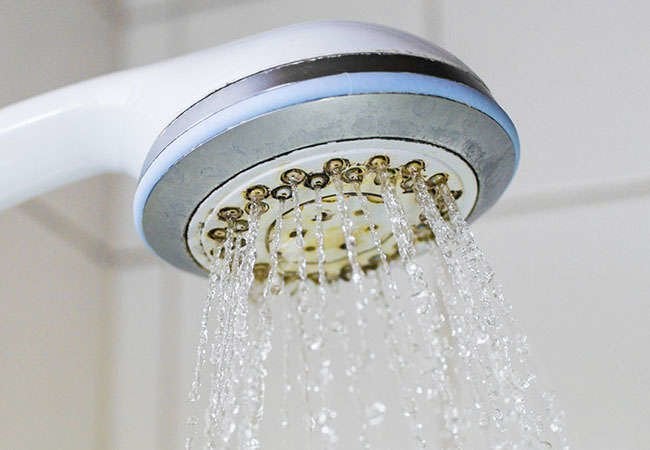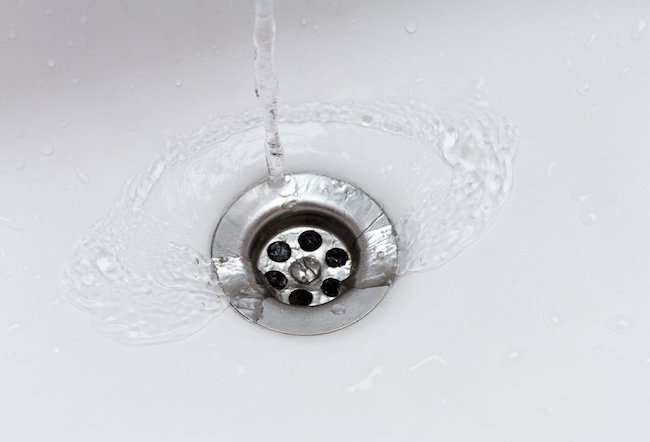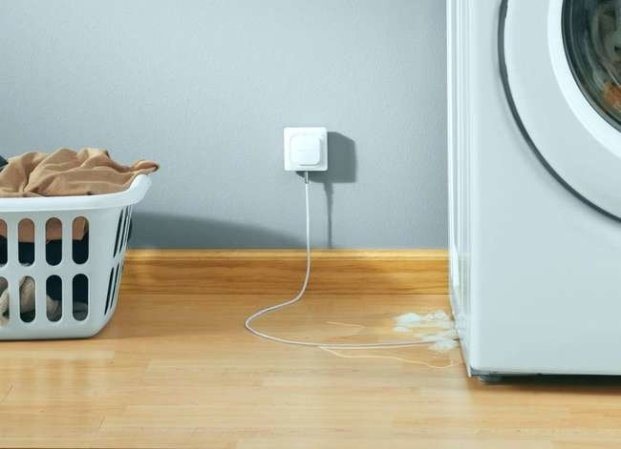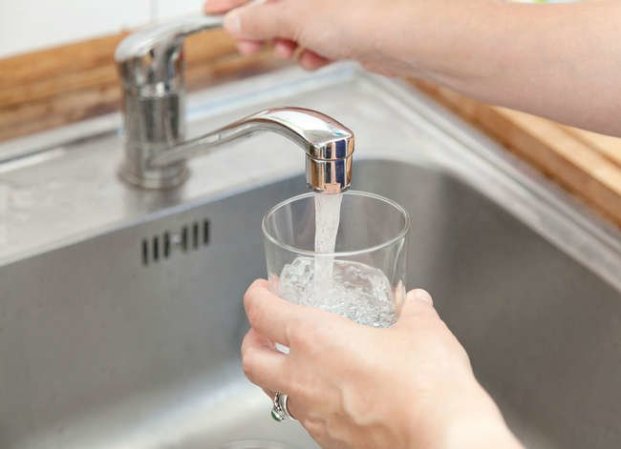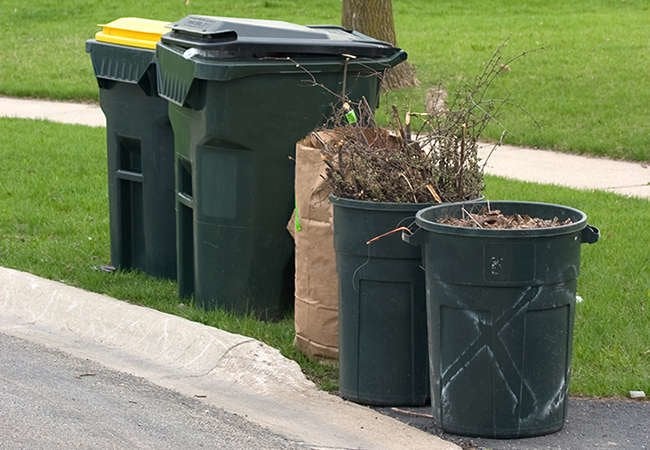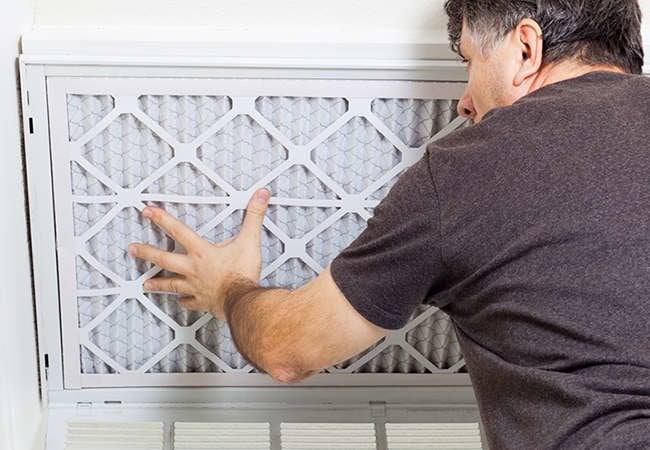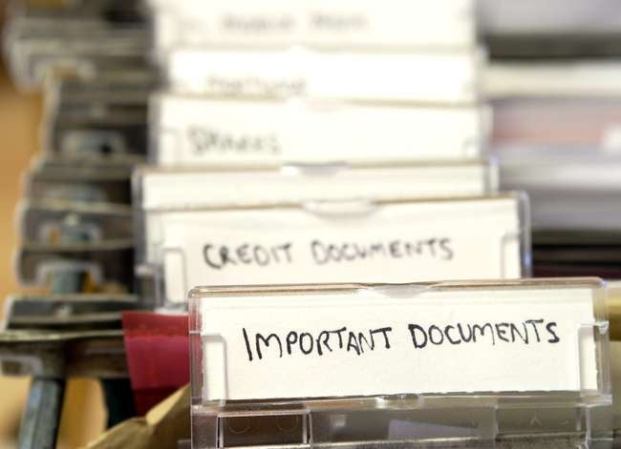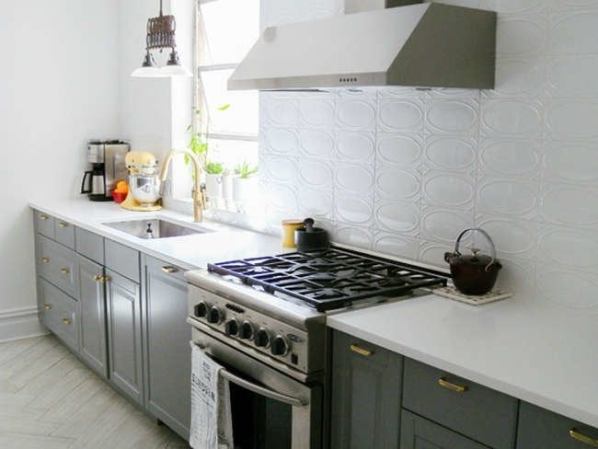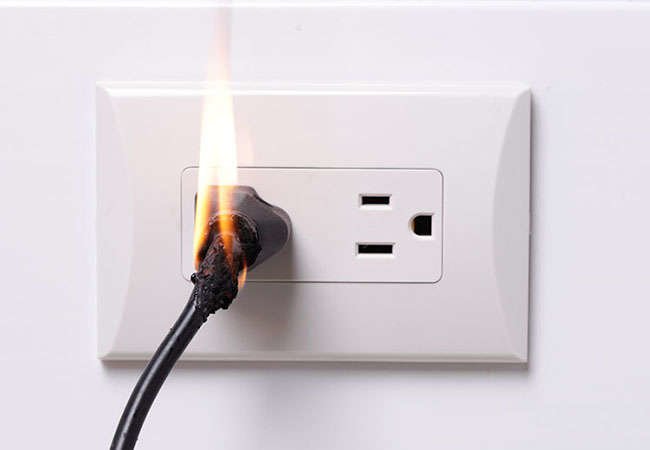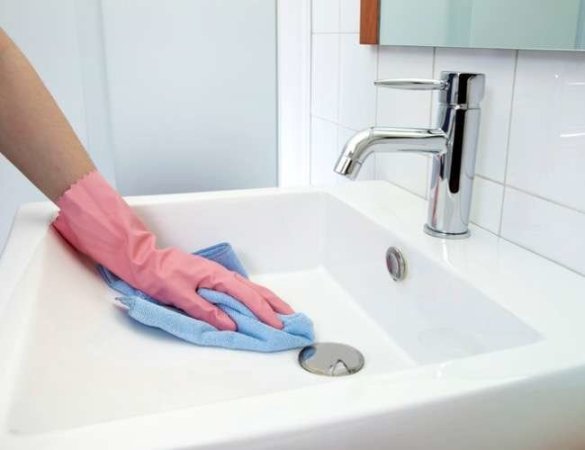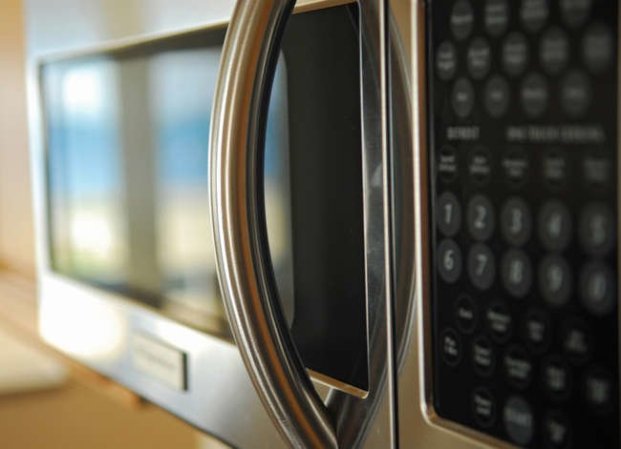We may earn revenue from the products available on this page and participate in affiliate programs. Learn More ›
Stop Pouring Grease Down the Sink
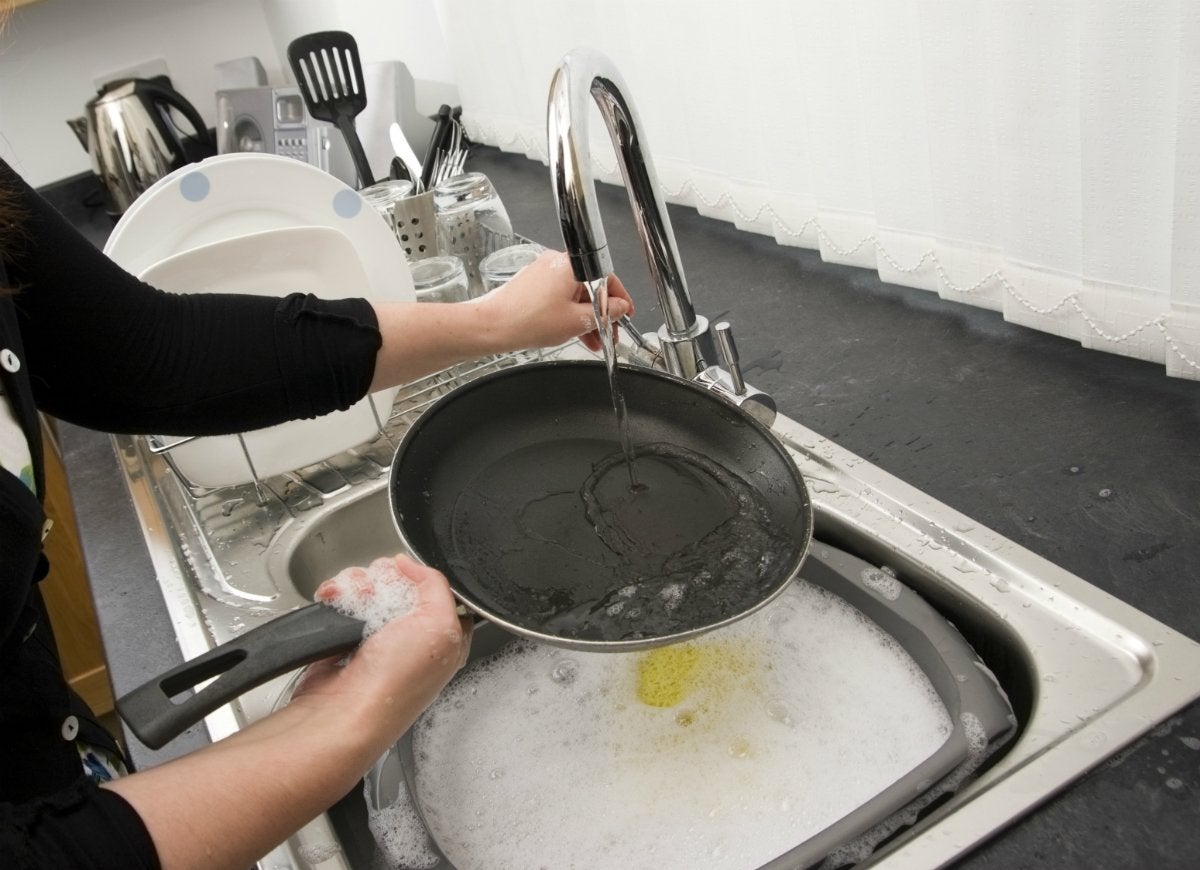
If you dump bacon grease, frying oil, or other fatty substances down the kitchen sink, prepare to pay a professional to unclog your drainpipes. Grease coagulates as it cools, and once in your pipes, that solidified fat results in heavy clogs that can back up your house’s plumbing. Instead of sending fat drippings down the drain, be smart. Set the grease aside to cool. Then scrape it in a non-recyclable container and put it in the garbage where it belongs.
Related: 7 Kitchen Sink Sins to Avoid
Avoid Caustic Cleaners If You Have Old Pipes
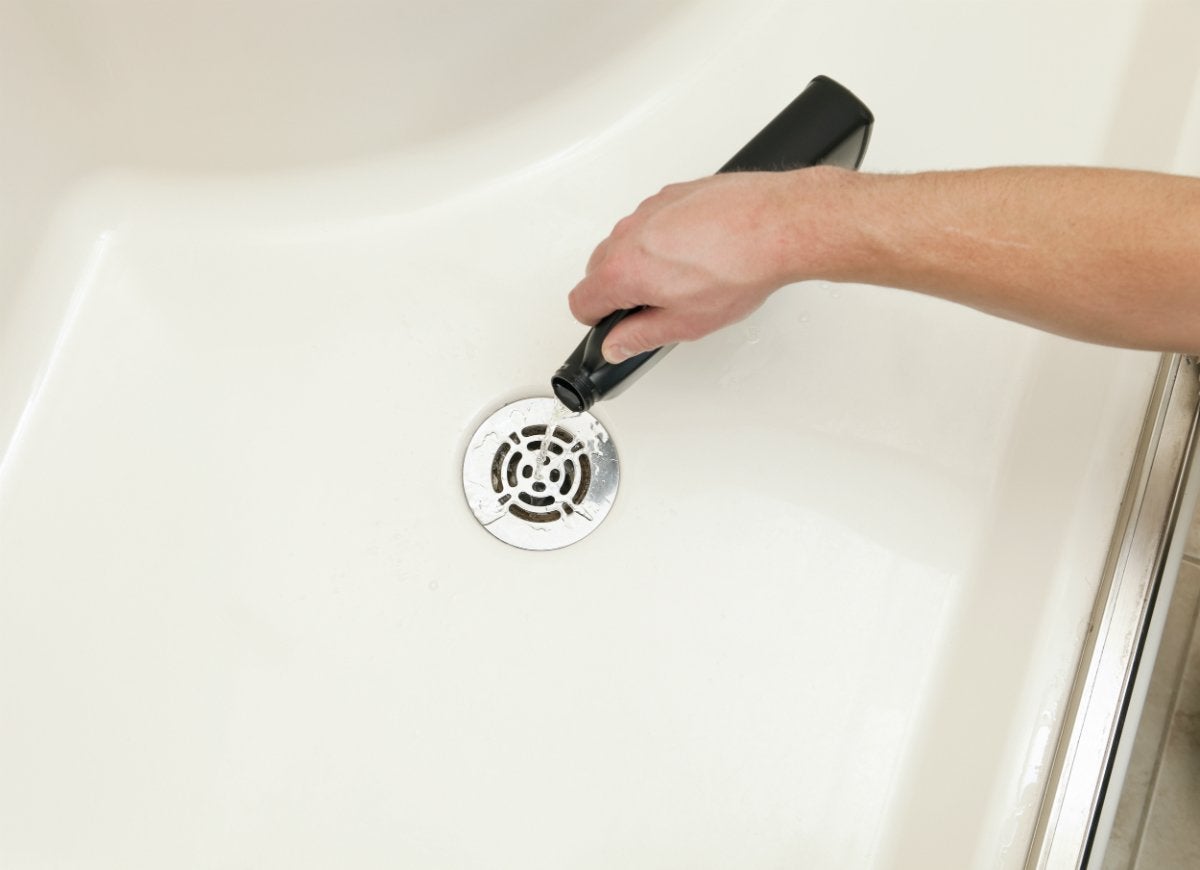
It may be the first thing you grab when the sink or tub drains slowly, but over time, caustic oxidizing chemicals found in conventional drain cleaners can take a toll on old drainpipes, resulting in corrosion and leaks. Next time you experience a nasty clog, use a natural drain cleaner that eats away clogs through enzymatic action. It doesn’t work as quickly as caustic chemicals, but it’s gentler and safer for your pipes.
Related: The Cheapest, Fastest Fixes for 10 Everyday Home Headaches
Leave Faucets Dripping to Prevent Frozen Pipes
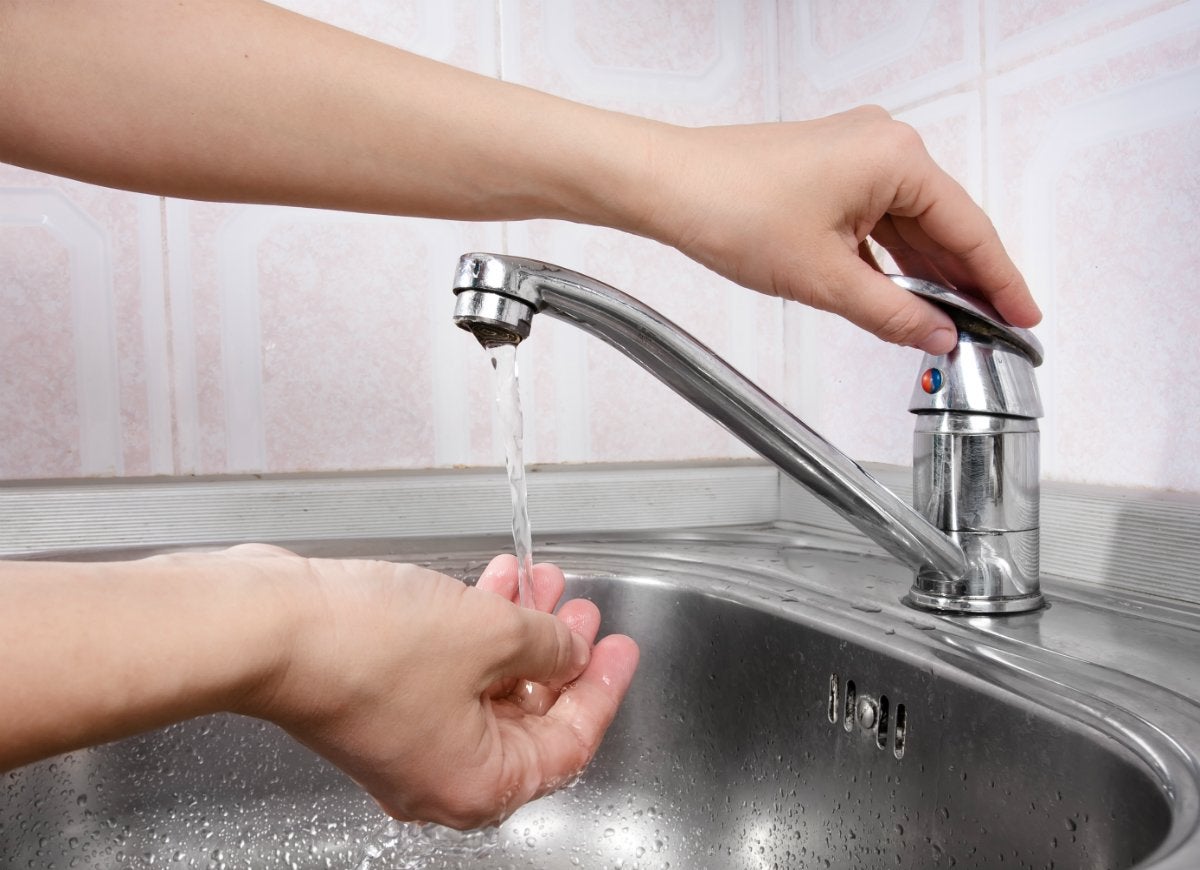
If you’ve had problems with frozen pipes in the past, chances are that they’ll freeze again once the weather turns cold. When that happens, you’ll be left without water and find yourself exposed to the increased the threat of busted pipes. To safeguard against freezing, especially when temperatures plunge overnight, open the tap ever so slightly to establish a steady drip. This one quick fix is usually all it takes to save you from this winter disaster.
Don't Cram Stuff Under the Sink
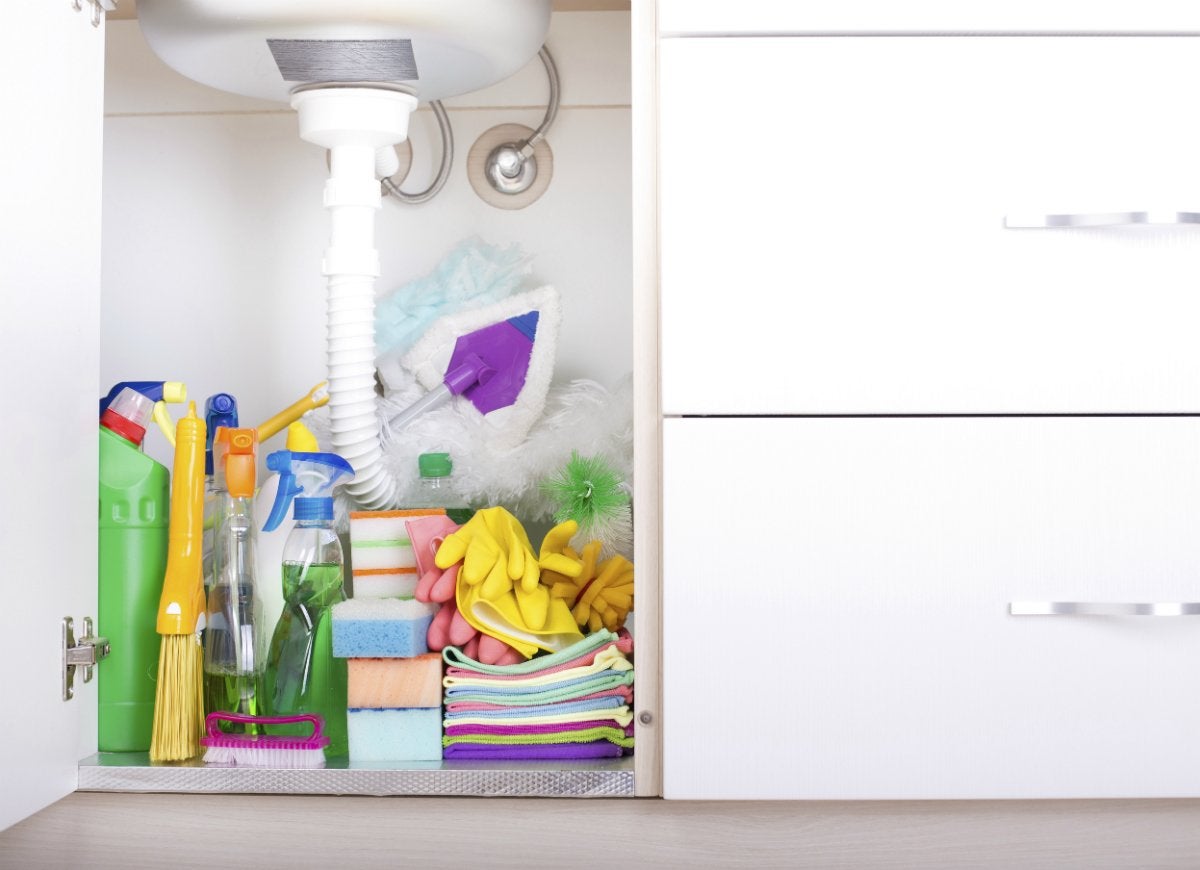
Drain traps, those curved pipes under the sink, prevent sewer gases from entering your home while allowing waste water to pass. They also catch items that may fall into the sink, like jewelry or other debris. Traps connect to surrounding pipes with screw-on joints, making them easy to remove when cleaning a clogged drain. When these joints come loose, though, it leads to under-sink leaks. Prevent trap leaks by keeping the area under the sink clutter-free. That means pulling trash cans, cleaners, or fire extinguishers away from trap so that your household essentials don’t bump into the pipes.
Don't Treat Your Garbage Disposal Like Your Trash Can
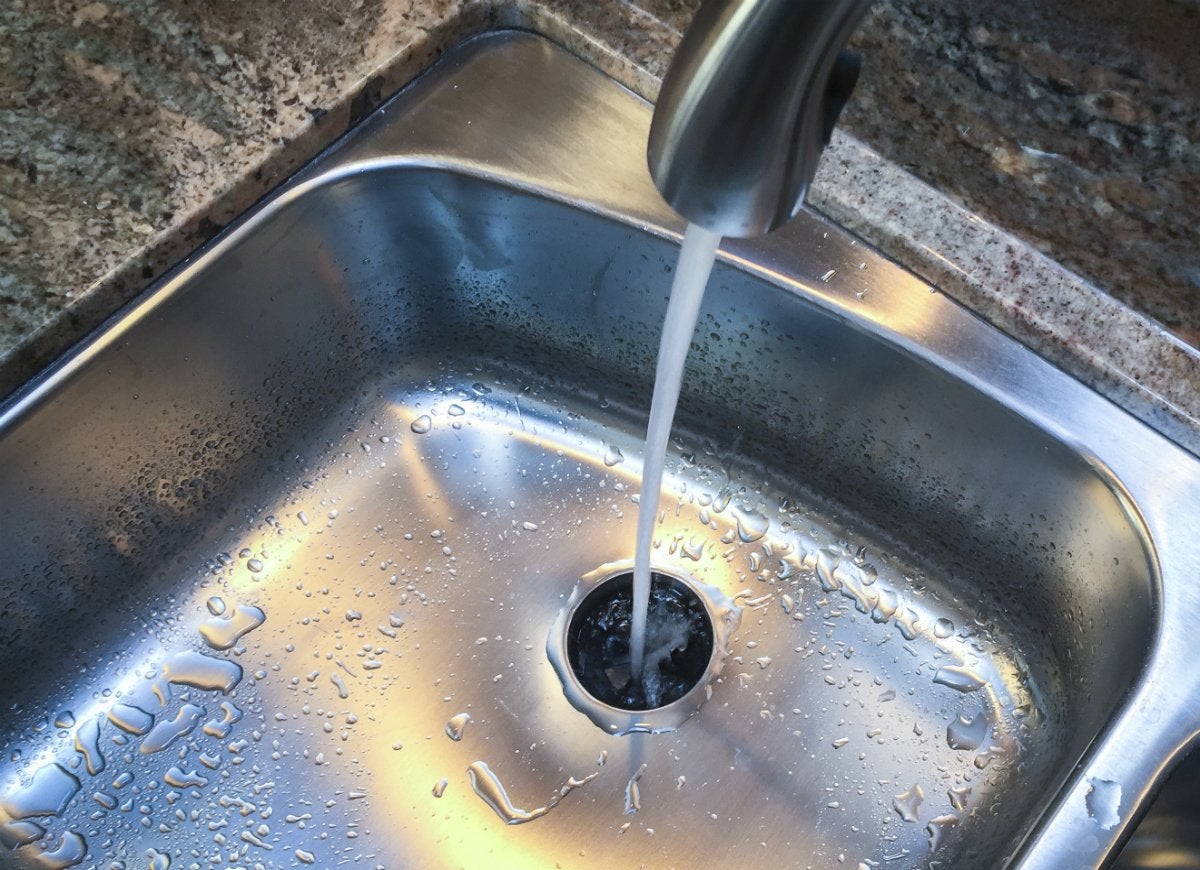
Garbage disposals top the list of plumbers’ least-liked appliances because most homeowners don’t know how to use them correctly. Despite their name, garbage disposals aren’t a second trash can. They can’t handle large amounts of food waste, nor can they process fibrous foods, like celery and potato peels, which can quickly clog the disposal. Save your sink by tossing food scraps in the compost pile, and when you do run the disposal, rinse the ground food down the drain with lots of water.
Know When to Say No
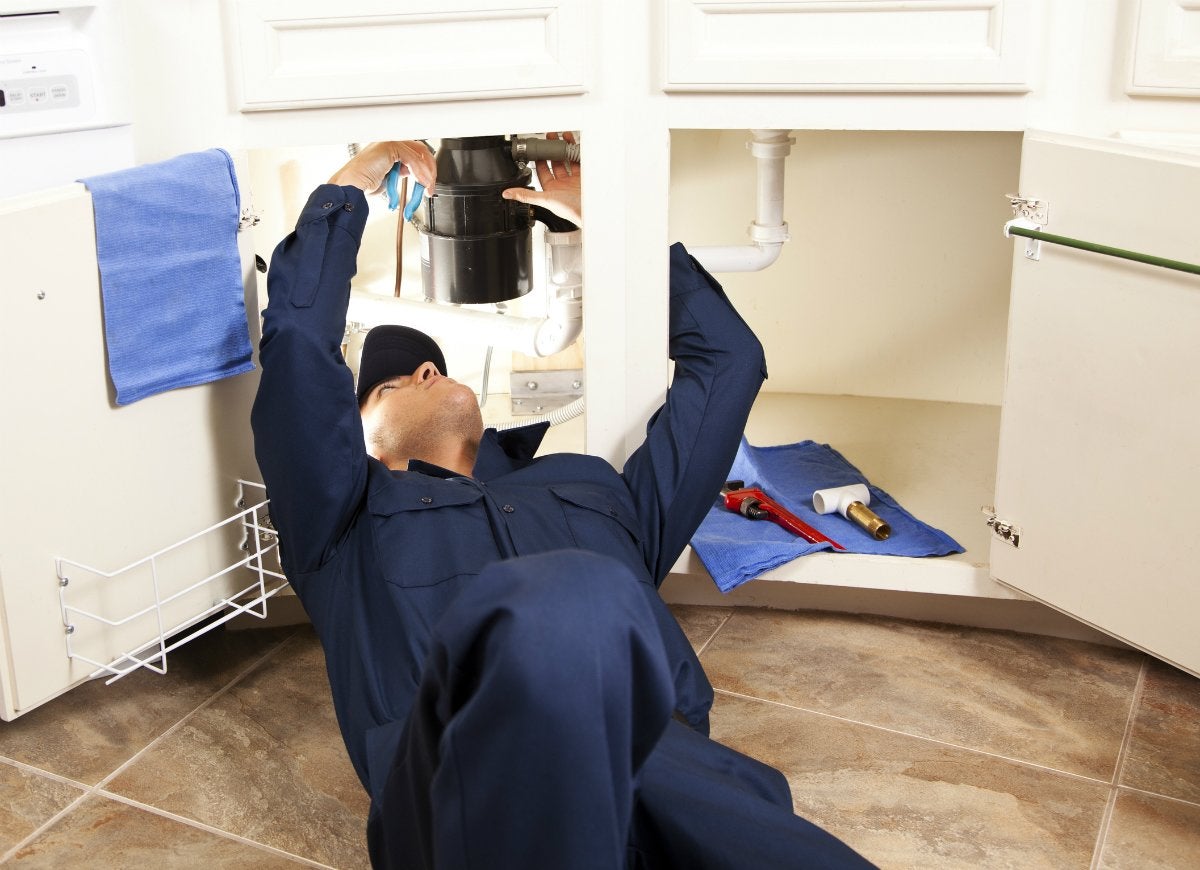
You might be great at replacing commode-tank flappers, but if you have a major plumbing project, it’s a good idea to call a plumber from the get-go. If you don’t know your own limitations, you could end up paying more for a pro to fix your amateur mistakes.
Shut Off Your Water Valve Before Going on Vacation
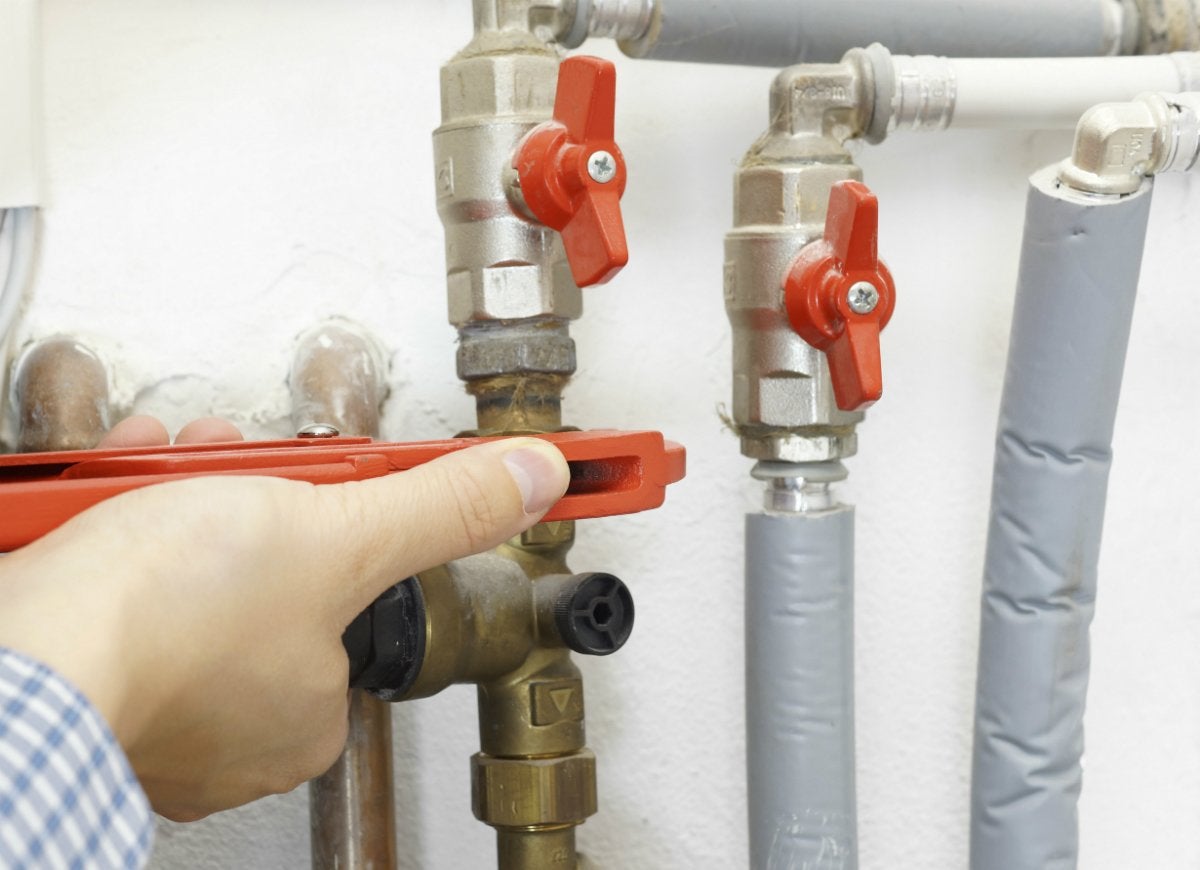
There’s nothing like coming home from a two-week vacation only to find your house has flooded. Avoid disaster by turning off the main water valve before you go. Also, open up a couple of sink or tub faucets to bleed the water pressure off the lines. It may seem like a lot of work, but remember that it’s a lot simpler to switch the water off and on, rather than risk major cleanup and expenses in the event of a leak.
Flush Your Water Heater Every Year
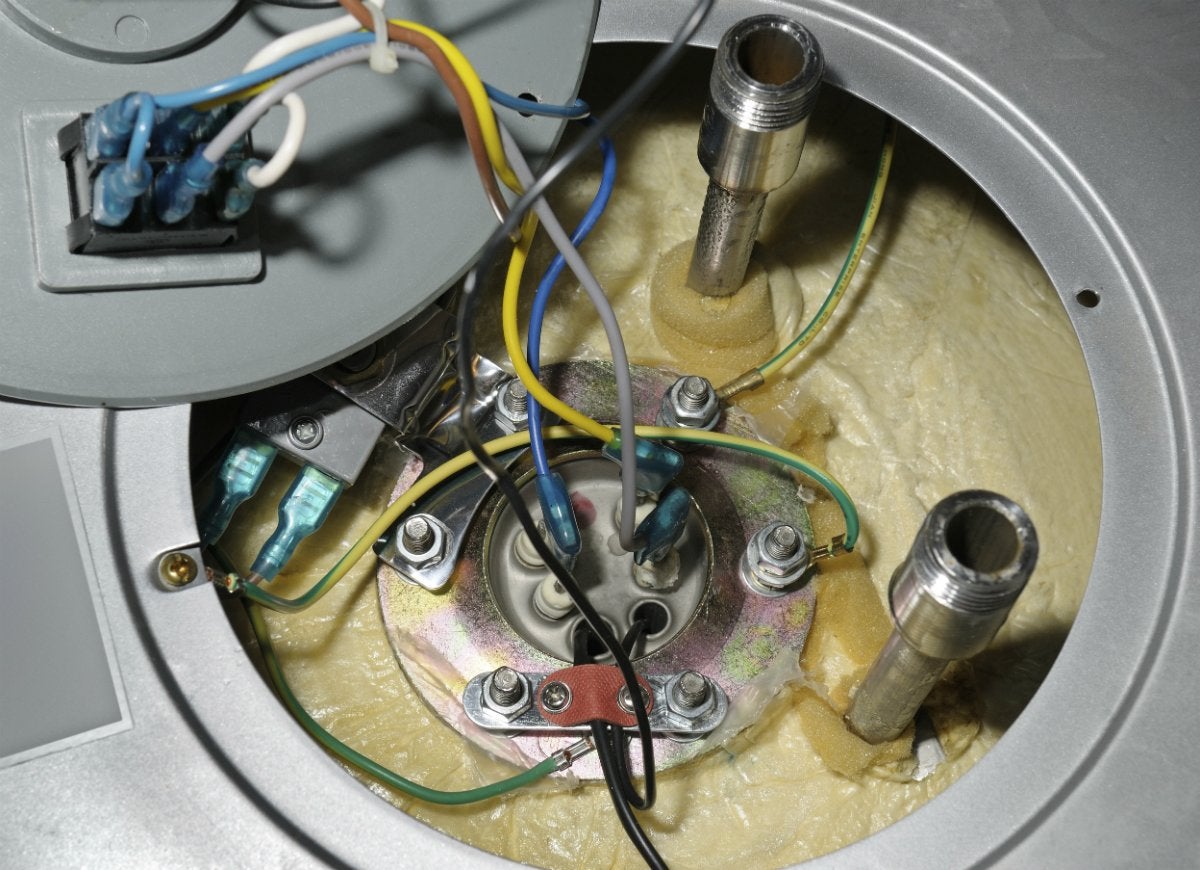
If you’re a knowledgeable do-it-yourselfer, flush your hot water heater tank annually (check the manual for specific instructions) to remove lime and deposits. These minerals build up over time and impair the functioning of your appliance. If you’re not confident doing the job yourself, have your plumber do it. It may not seem like much, but this simple task will keep your water heater in good shape for many more years.
Don't Ignore Water Around the Base of the Toilet
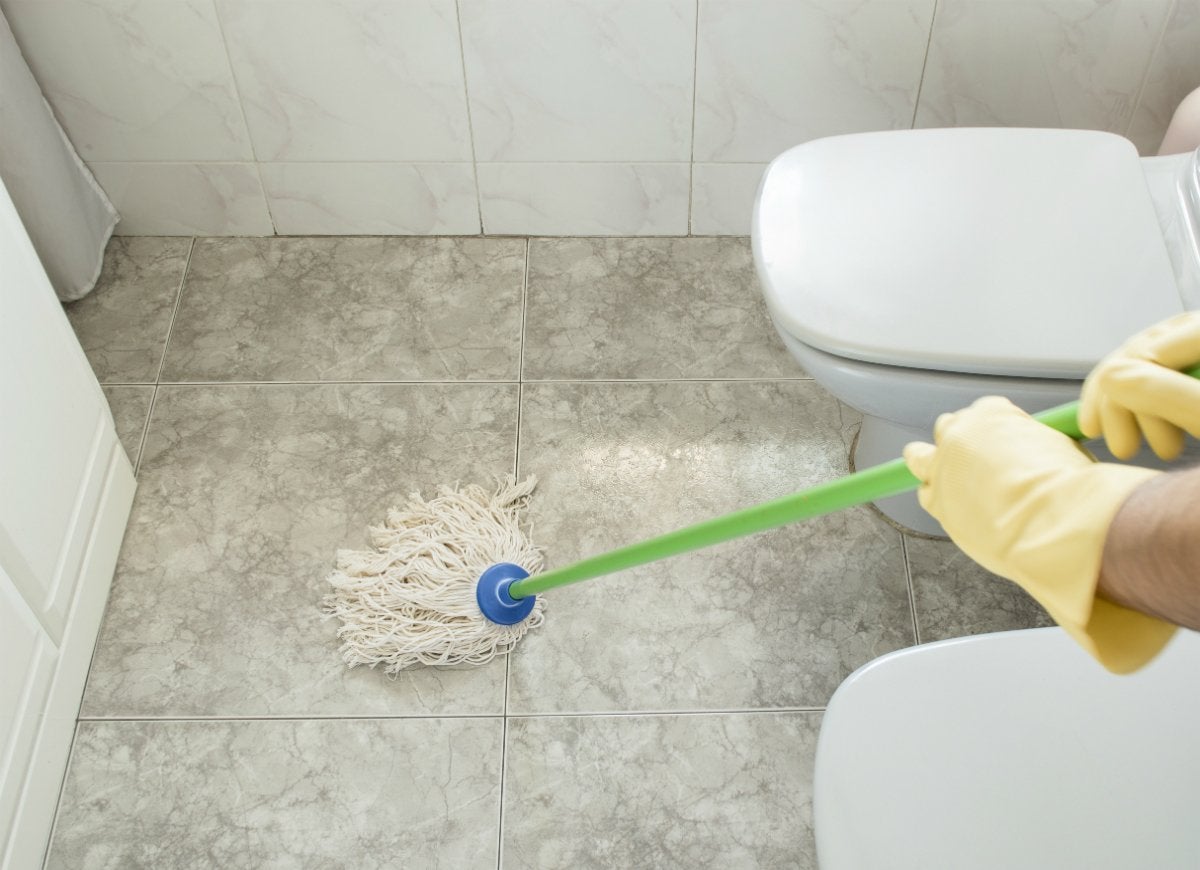
It doesn’t have to be a lot; just a tiny puddle or constant wetness on the floor around a commode could signal failure of the wax ring seal. Though it might not look like problematic on the surface, leaking water can damage the subflooring beneath bathroom tile, leading to rot, mold, and expensive repairs. Save yourself added trouble by replacing the wax ring seal sooner than later.
Related: 7 Ticking Time Bombs in Your House—and What to Do Next
Learn How to Check for Leaks

If your monthly water bill is higher than normal but your water usage has remained steady, you could have a leak. To find out, turn off all faucets and any appliances that use water, like your dishwasher. Then, go to your water meter and watch it. If the meter is moving, there’s water flowing somewhere in your house. Translation: You’ve got a leak. This is one problem that needs fast attention. Shut off the water and call your plumber.
Steer Clear of Septic Lines
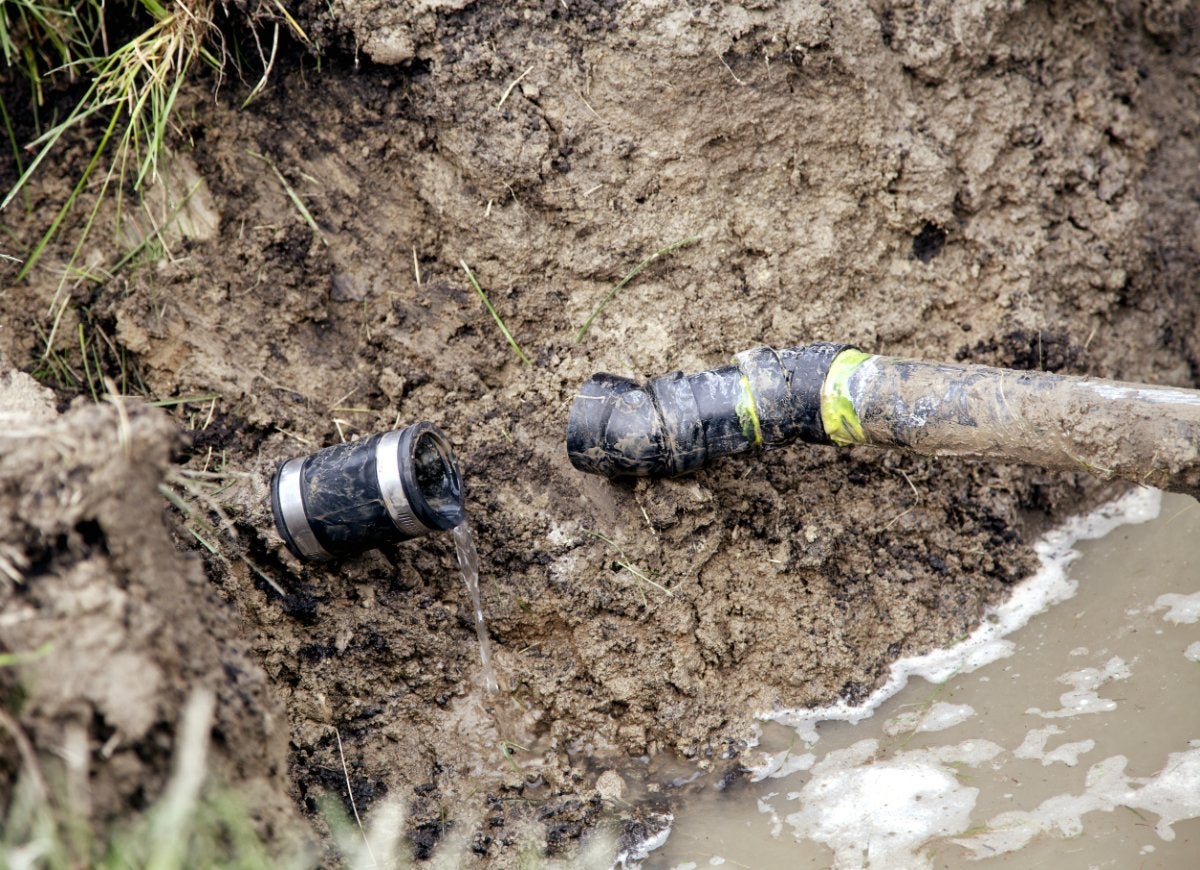
Out of sight shouldn’t mean out of mind when it comes to plumbing pipes. If you’re on a septic system, lateral septic lines are buried under a portion of your property. Because they’re hidden, they’re easy to forget, but if you drive a heavy vehicle over the lines, they could collapse—and cost you thousands of dollars in repairs.
Don't Throw Your Trash in the Toilet
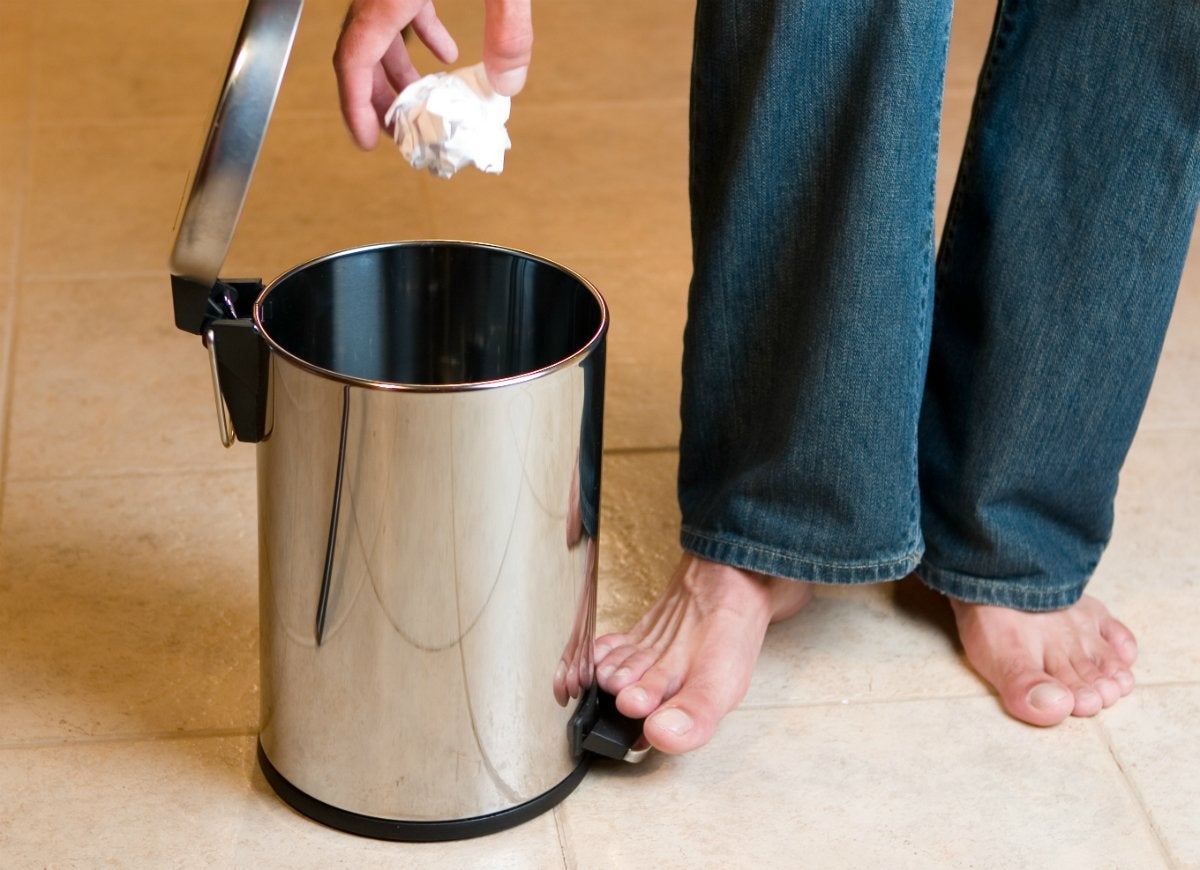
You’ve probably heard it all before, but it’s true. Don’t dump anything in the toilet that doesn’t belong. Avoid flushing feminine hygiene products, cotton swabs, paper towels, makeup-removal wipes, or “flushable” cat litter clumps. These products aren’t designed to break down in liquid, so flushing them can increase your risk of clogging the pipes. Use your commode only for its intended purpose to prevent trouble.
Listen to the pros
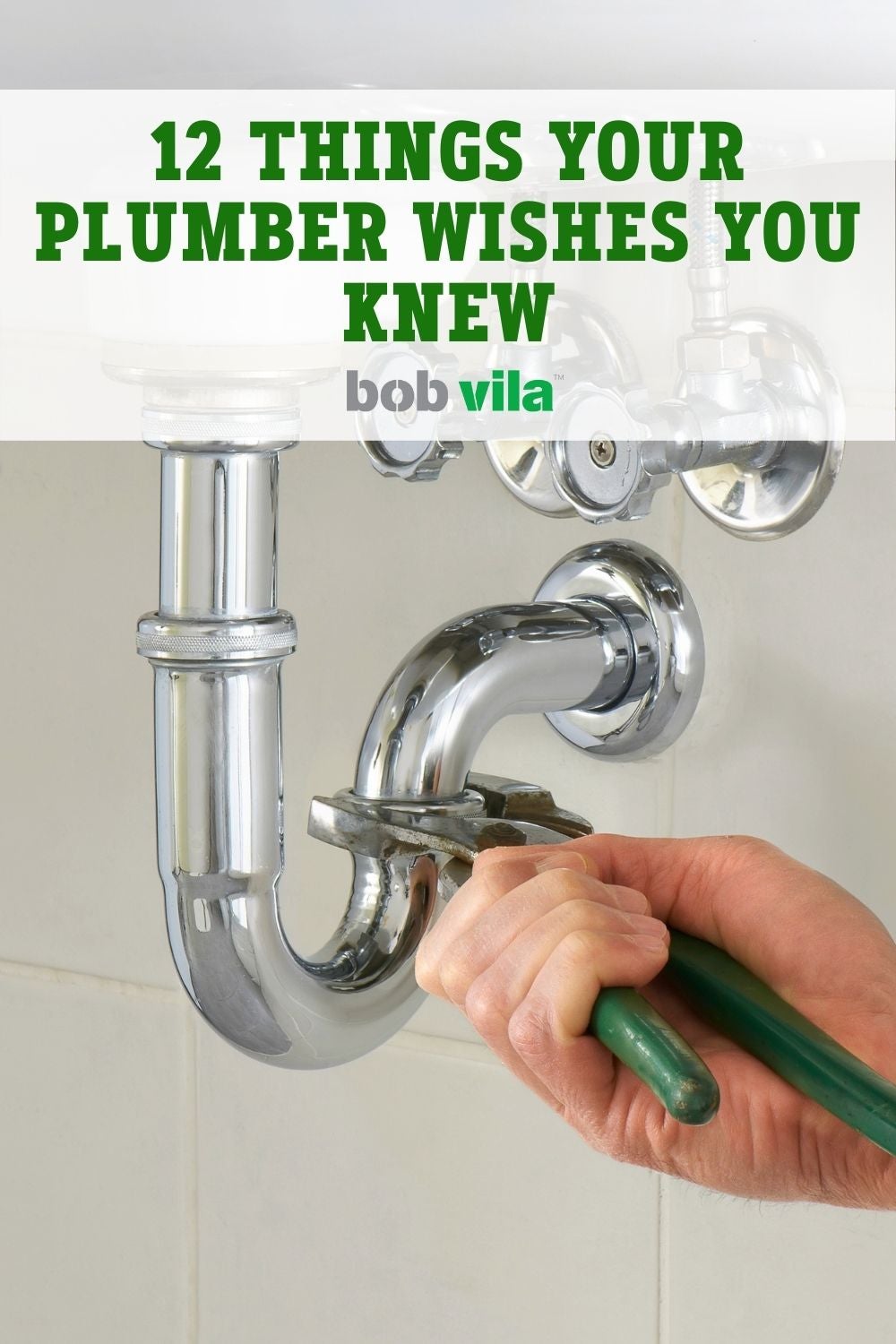
The pros know it all! These tips are from real plumbers who want you to make better decisions when caring for your home.

